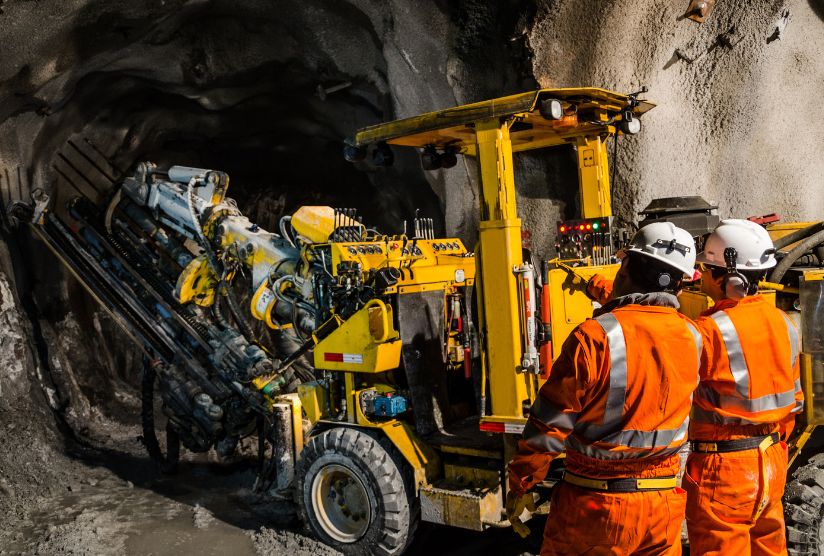RPO, or Recruitment Process Outsourcing, is a structured approach to handling the recruitment needs of a business. Here we explore the structure of RPO and understand how it works.
The RPO process begins with a thorough assessment of the client’s hiring needs. This involves understanding the company’s culture, its short-term and long-term staffing goals, and the specific positions that need to be filled. To determine the structure of RPO, the RPO provider works closely with the client to create a customised recruitment plan tailored to their unique requirements.
Sourcing and attraction
Once you’ve established that RPO is the right approach for your project and the plan is in place, the outsourced recruitment provider employs various strategies to source and attract potential candidates. This can involve using online job boards, social media platforms, professional networks, and industry-specific resources. The goal is to cast a wide net and identify a pool of qualified candidates.
Screening
In this phase, the RPO team conducts initial screenings of candidates. This involves reviewing resumes, conducting preliminary interviews, and assessing qualifications and skills. The most promising candidates are then shortlisted for further evaluation. The RPO provider also liaises with the client’s hiring managers to ensure alignment with their expectations.
Interviewing
Qualified candidates move on to the interview stage. RPO recruiters can manage various aspects of the interview process, from scheduling interviews to conducting them on behalf of the client. They may also administer skills tests or assessments to further evaluate candidates’ suitability for the roles.
Offer Management
Once the ideal candidate is identified, the RPO provider assists with the job offer process. They help negotiate salary and benefits packages, facilitate background checks, and handle other administrative tasks related to extending an offer of employment.
Onboarding
After an offer is accepted, the RPO team plays a crucial role in onboarding the new employee. This includes ensuring that all necessary paperwork is completed, conducting orientation sessions, and helping the employee integrate smoothly into the organisation.
Reporting and analytics
Throughout the recruitment process, outsourced recruiters track and analyse key metrics and performance indicators. This data-driven approach helps in continuously refining the recruitment strategy, making it more effective and efficient over time.
Ongoing relationship
RPO is not a one-time service but an ongoing partnership. The RPO agency maintains a close relationship with the client, continually assessing the effectiveness of the recruitment strategy and adjusting as needed. This may involve scaling up or down to meet changing hiring demands.
Continuous improvement
The outsourced model places a strong emphasis on continuous improvement. By analysing past recruitment efforts, identifying areas for enhancement, and staying updated on industry best practices, RPO providers strive to optimise the recruitment process and deliver better results with each hiring cycle.
The structure of RPO’s can be adapted to suit the unique needs of each client. Whether a company needs full-scale end-to-end recruitment support or assistance with specific stages of the process, the RPO model can be tailored accordingly.
In summary, the structure of RPO is a comprehensive and flexible approach to managing your recruitment needs.
It encompasses everything from initial assessment and planning to continuous improvement, with the goal of delivering top-notch talent and ensuring a smooth and efficient hiring process for the client.
This partnership-based model is designed to adapt to changing needs and ultimately contribute to your long-term success.
You can find a detailed outline of how to manage an RPO here.

